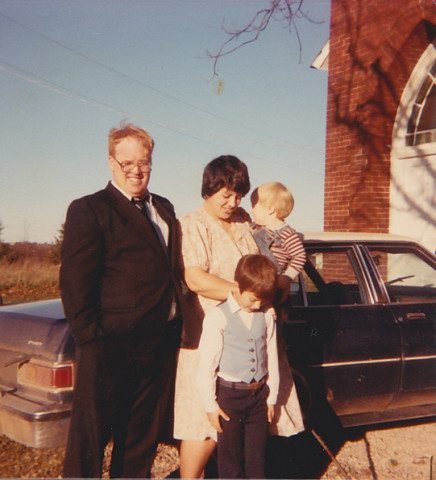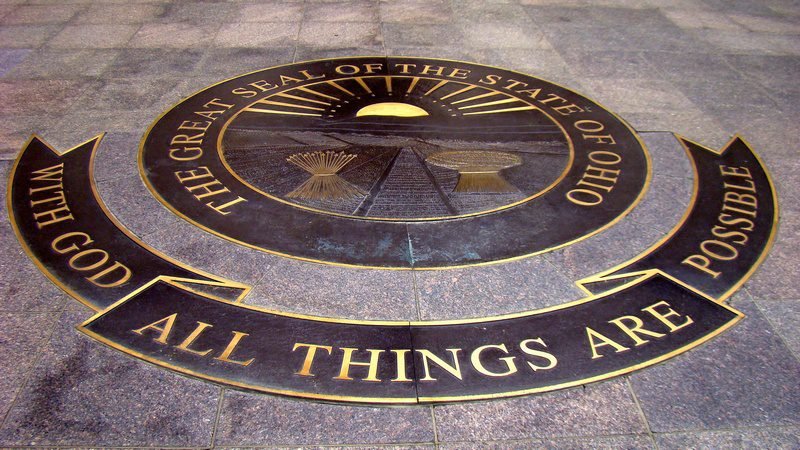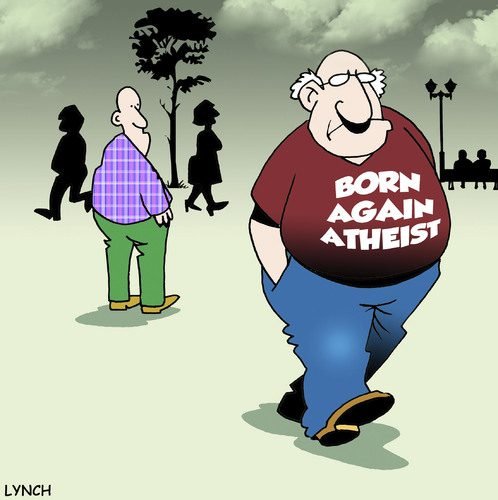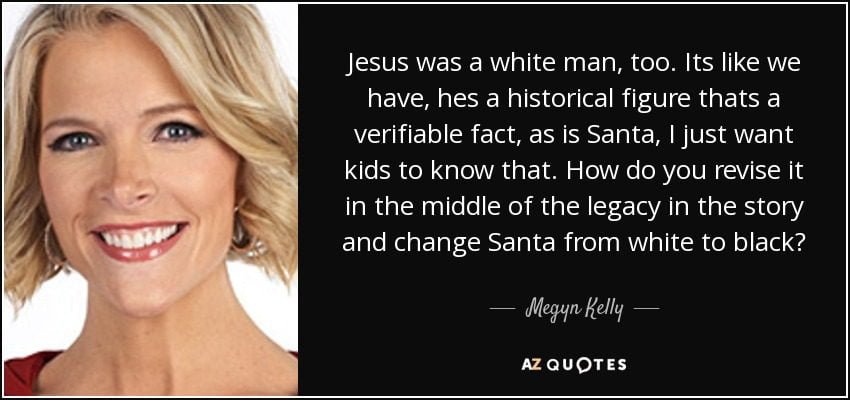
I have worked many different jobs over the years; everything from selling vacuüm cleaners and life insurance to pumping gas and working as an auto mechanic. I worked more factory jobs than I can count. Well, I can count them, but I prefer not to bring up memories of mindless drudgery. Factory jobs paid good wages, but I couldn’t stand the repetitiveness of the work. Two years into our marriage, I applied for a restaurant management position with Arthur Treacher’s. Starting salary? $155 with flex overtime for every hour over forty-five. I instantly fell in love with the restaurant business, and six months after starting with Arthur Treacher’s I was promoted to general manager and transferred to the Reynoldsburg, Ohio store.
While I worked numerous and varied jobs over the years, I considered them a means to an end: making money and providing for my family. My true calling and ambition in life was the pastorate. Over the course of twenty-five years in the ministry, I pastored churches in Ohio, Texas, and Michigan. For the most part, I loved being a pastor. I enjoyed preaching and working with people. I suspect that in another life I might have been a college professor or a social worker.
Early on, I noticed that many pastors used their position for material gain and upward social status. One of Polly’s young preacher cousins provides a good example of this. One day I called my in-laws and he answered the phone. This is Reverend James Overton. How may I help you? I snickered to myself, and said, Hey Jamie, this is Bruce. Is Mom or Dad there? I thought, Reverend James Overton? Really? I never played the Reverend game. I was comfortable with congregants calling me Bruce or Preacher. I also never asked for the “preacher discount” or special treatment. I had no regard for pastors who weren’t shy about announcing their clerical status, hoping that they would be granted discounts, free meals, or other special considerations.
I never told people out of hand that I was a pastor. Granted, a lot of people knew I was a preacher, but I never told strangers what I did for a living. I wanted to be considered an everyday guy. The reason for this was simple. As soon as I told someone I was a pastor, a snap judgment was made about me. After I stopped pastoring churches in 2005, we looked for a church we could call home. All told, we visited over one hundred churches. (Please see But Our Church is DIFFERENT!) At virtually every church, the first or second question I was asked was “what do you do for a living?” Early on, I would tell people I was a pastor, but I noticed that people treated me differently if I did: reverently, respectfully, with careful distance. One Sunday after visiting yet another new church, I told Polly, I am sick of being asked what I do for a living. I think the next time someone asks me I am going to say, I’m sorry, but I don’t have sex on the first date! Of course, I never did. I was too polite to ever say such a thing.
These days, I NEVER tell someone who doesn’t know me that I was a pastor. I don’t want to have to explain why I am no longer in the ministry. Yes, if someone does a web search on my name he or she will quickly find out I was once a pastor. However, I am not going to volunteer that information. I am not ashamed or embarrassed by my former life as a pastor. I have many fond memories of the years I spent in the ministry, along with a boatload of dark, harmful experiences too. What I want to avoid is being judged by people who don’t know me.
I just want to be an everyday country bumpkin. If I dare mention I was a pastor, well, people act differently. Like it or not, people see ministers as God’s representatives. People might use swear words, but let a pastor be nearby, and all of a sudden the cursing stops — God is present! The same goes for racy or colorful stories. Even if I tell people I am an ex-preacher, they tend to act differently from the way they would if I were a farmer or factory worker. Of course, the same goes for telling people I am an atheist. My atheism is well-known, but I never tell anyone that I am an unbeliever. I prefer to live my life without being judged by my labels. I am being naïve, to be sure, but my life is much more than my labels: atheist, humanist, democratic socialist, etc.
How about you? Are you more than your labels? Please share your thoughts in the comment section.
Bruce Gerencser, 66, lives in rural Northwest Ohio with his wife of 45 years. He and his wife have six grown children and thirteen grandchildren. Bruce pastored Evangelical churches for twenty-five years in Ohio, Texas, and Michigan. Bruce left the ministry in 2005, and in 2008 he left Christianity. Bruce is now a humanist and an atheist.
Connect with me on social media:
Your comments are welcome and appreciated. All first-time comments are moderated. Please read the commenting rules before commenting.
You can email Bruce via the Contact Form.








 Have you ever wondered why Blacks have dark skin? Back in the days of my youth, my pastors believed it an important question to answer. Now, no one ever asked, “have you ever wondered where Whites get their light skin?” What was vitally important was sussing out a definitive answer for why some people had Black skin. The easy answers, of course, were melanin and proximity to the equator, but when you believe the Bible is the inspired, inerrant, infallible Word of God, the right answer to this question must come from the Bible. After all, the Bible is God’s supernatural answer book. Whatever the Bible says about history, biology, and genetics is true. Now, the Bible never explicitly explains why Blacks have dark skin, but since Adam and Eve were White, well, where did Blacks come from? No amount of white-on-white breeding will produce Black children, so there must be a “Biblical” answer to why so many people have dark skin, right?
Have you ever wondered why Blacks have dark skin? Back in the days of my youth, my pastors believed it an important question to answer. Now, no one ever asked, “have you ever wondered where Whites get their light skin?” What was vitally important was sussing out a definitive answer for why some people had Black skin. The easy answers, of course, were melanin and proximity to the equator, but when you believe the Bible is the inspired, inerrant, infallible Word of God, the right answer to this question must come from the Bible. After all, the Bible is God’s supernatural answer book. Whatever the Bible says about history, biology, and genetics is true. Now, the Bible never explicitly explains why Blacks have dark skin, but since Adam and Eve were White, well, where did Blacks come from? No amount of white-on-white breeding will produce Black children, so there must be a “Biblical” answer to why so many people have dark skin, right? Back in the days of my youth, the Independent Fundamentalist Baptist (IFB) churches I attended banned their members from going to indoor and outdoor movie theaters. Their logic went something like this:
Back in the days of my youth, the Independent Fundamentalist Baptist (IFB) churches I attended banned their members from going to indoor and outdoor movie theaters. Their logic went something like this: